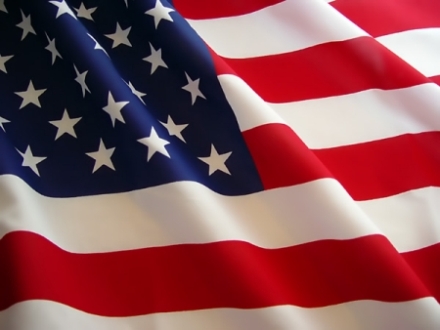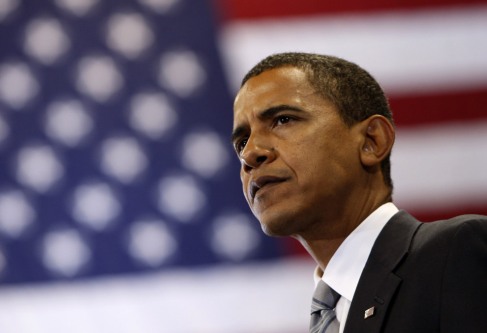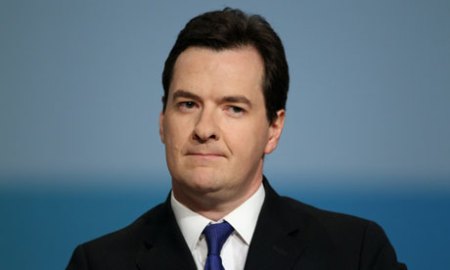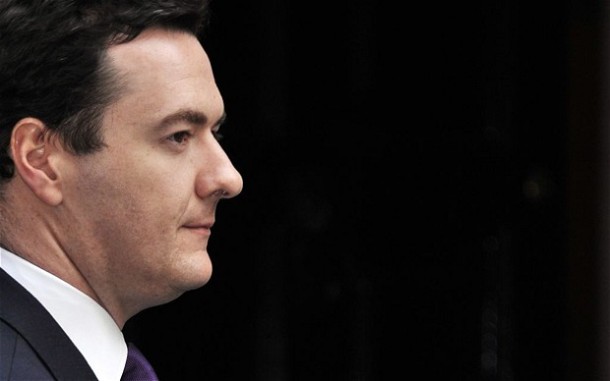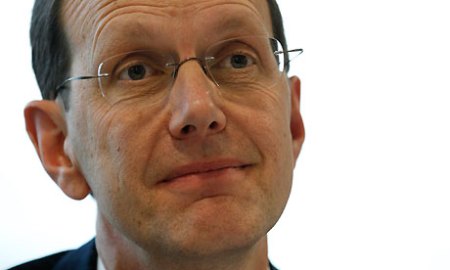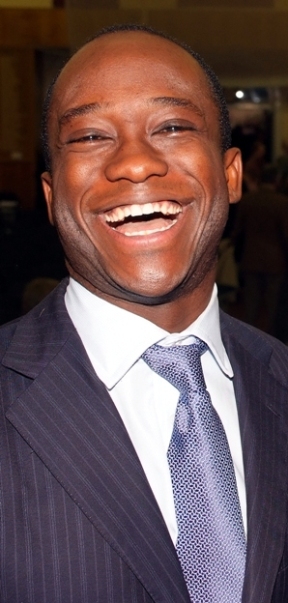Seeing as we’re off to America tomorrow (don’t miss us too much), we thought we’d leave you with a American themed post to satisfy your political appetite whilst we’re soaking up the Californian sun.
Have you ever wondered what the differences between American and British politics are? Or did you think they were pretty much the same? In fact, there are a whole host of differences and seeing as we’ve got a flight to catch early tomorrow morning, we thought we’d leave you with a few to mull over before we return.
Shall we begin?
- The most important difference, really, is the constitution, or the fact we don’t actually have one! The United States has a written constitution which underlies all American politics. The UK, however, does not have a single document and instead its constitutional provisions are littered over various Acts of Parliaments (which can easily be changed.)
- It’s logical then, that over the pond, politicians often refer to this so-called constitution. Some parties will suggest that opposition parties initiatives are ‘unconstitutional’ for example. Despite the fact that British politicians love to disagree with each other, it is incredibly rare for them to suggest that opposing policies are illegal.
- You might have noticed that the Yanks love their flags – they often fly proudly outside houses. The flag holds a special place in the political heart of the nation and people sing to it. The Union Jack sadly rarely gets an outing at political events.
- In the USA, blue signifies states held by the Democratic Party, the more left-wing. In the UK, blue identifies the Conservative Party, the more right-wing.
- In the USA, red signifies states held by the Republican Party, the more right-wing. In the UK, red identifies the Labour Party, the more left-wing.
- In America, the term ‘conservative’ means really right-wing, especially on social issues. In Britain the name ‘Conservative’ means mainstream right-wing, especially on economic issues.
- In America, the term ‘liberal’ generally means quite left-wing. In Britain, the name ‘Liberal’ means broadly centrist.
- In the States, politicians often emphasise their patriotism and desire to serve America. This side of the Atlantic, however, it is assumed that anyone who wants to be a politician and run for national office cares for their country.
- In the States, virtually every political speech seems to mention God, especially in the final call “God bless America”. In Britain, no politician mentions God and none would think of inviting Him to show a special preference for his or her nation state.
- The American general election effectively lasts almost two years, starting with the declaration of candidates for the primaries. The British general election lasts around four weeks.
There we have it, a brief introduction to American politics to satisfy your political needs whilst we’re gone. In the mean time, can you think of any more differences? Hopefully we’ll come home with some first hand political evidence (and a tan, of course).
